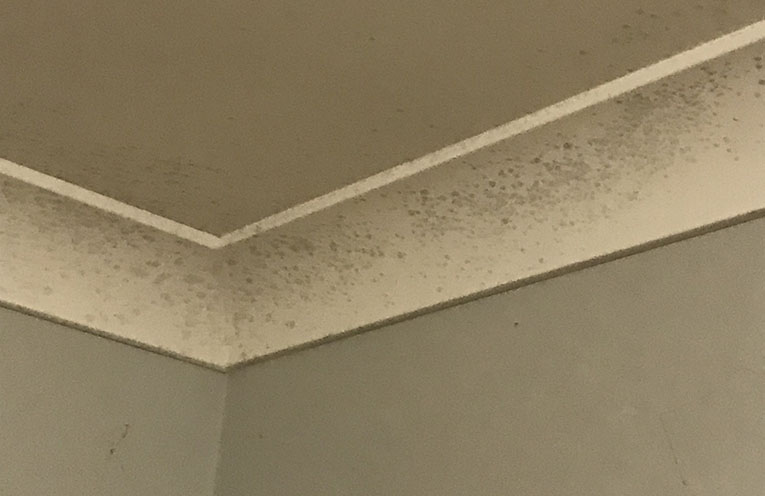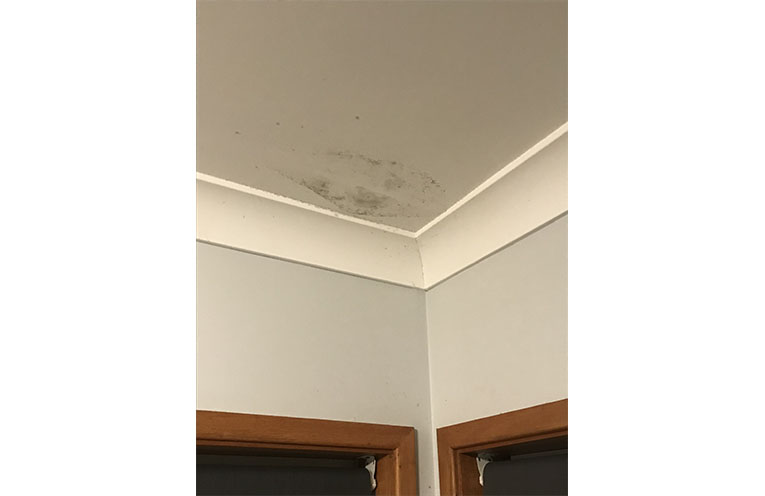
FLOODS leave a track of destruction behind them and it isn’t over when the waters reside.
They can pollute our water supplies and leave waterways hazardous, not only due to floating debris which has ranged from whole houses, to the north of us and items including wheelie bins, fridges and logs some floating and others submerged.
It is important to protect ourselves and keep safe throughout the clean-up process.
 Advertise with News of The Area today.
Advertise with News of The Area today.It’s worth it for your business.
Message us.
Phone us – (02) 4981 8882.
Email us – media@newsofthearea.com.au
In light of recent floods in the New England and Lower Mid North Coast regions, Dr David Durrheim, Public Health Physician, Hunter New England Population Health Unit, has provided some important information about how the public can best protect themselves and keep safe during the clean-up.
“We need to be very careful with any cuts or abrasions, these need to be covered up with waterproof band-aids and it is very important to wear gloves and to wear boots.
“Also after these events we know that the weather has provided copious breeding sites for mosquitoes, and the last thing that we want is a resurgence in Ross River Fever during the clean up, so, it is very during the long days particularly around dawn and dusk, that you make sure you use an insect repellent, cover up as much of your skin as possible and tip out any possible breeding containers, old pots and tyres can provide suitable sites for mosquitoes breeding as well.”
Some homes have also been affected by mould.
“It is really important that you dry things out, that you again use gloves and boots, a mask is also really important because mould spores can really irritate the eyes, the nose, the mouth,” he said.
Hunter New England Health also encourages the public to; be aware of contaminated food and medicines, unsafe electrical appliances and damaged structures in houses that have been flooded or damaged by water, and keep an eye out for animals such as snakes, rodents and spiders which may have taken refuge in flood-affected houses.
There is further information available at the NSW Health website on maintaining your health after a flood.
Midcoast Council has deemed some waterways safe for recreational use while others will continue to be tested.
“Despite the extent of the flooding across the region, these results show our waterways are bouncing back faster than we initially expected,” said Council’s Director of Infrastructure and Engineering Services, Rob Scott.
“We also urge people to use their own judgement and not swim in areas where the water appears particularly dirty,” he said.
In the event of an emergency call the State Emergency Service (SES) on 132 500 for emergency assistance in a flood or storm or call ‘000’ in the event of a medical, police or fire emergency.
Families impacted by the severe weather event may be eligible for a Centrelink payment.
By Marian SAMPSON


